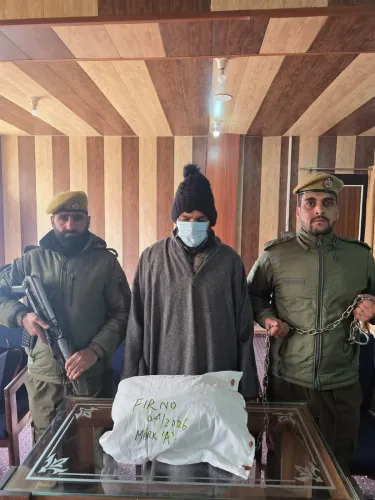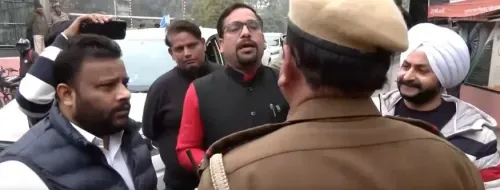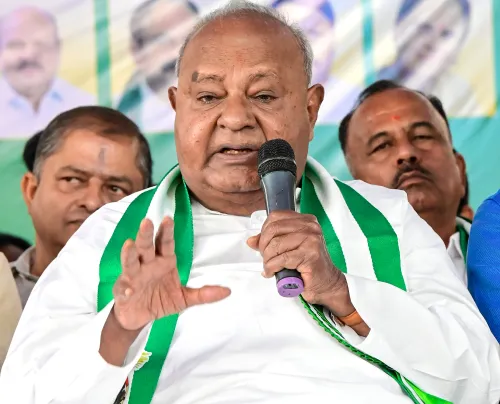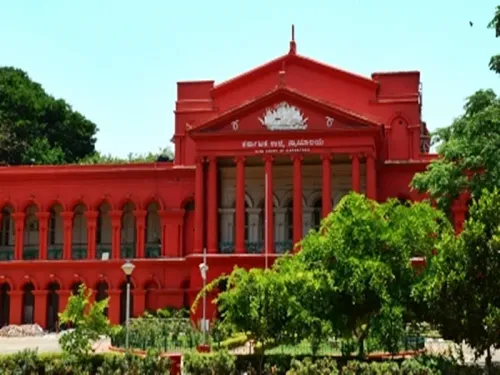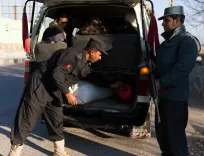Should All Prisoners Over 70 Access Free Health Care Under ABPM-JAY?
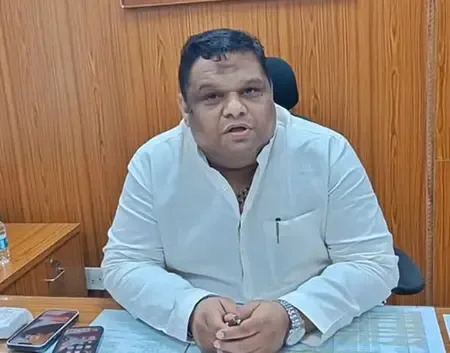
Synopsis
Key Takeaways
- NHRC mandates healthcare access for elderly prisoners.
- Ruling emphasizes fundamental right to health.
- States must facilitate enrollment in ABPM-JAY.
- Reference to Supreme Court ruling reinforces legal obligations.
- Healthcare for inmates is a moral imperative.
New Delhi, July 21 (NationPress) In a significant ruling, the National Human Rights Commission (NHRC) announced that all prisoners aged 70 or older should benefit from the Ayushman Bharat Pradhan Mantri Jan Arogya Yojana (ABPM-JAY), emphasizing it as a fundamental right to life, an official reported on Monday.
The NHRC panel, led by member Priyank Kanoongo, referenced a Supreme Court ruling to affirm that being imprisoned does not disqualify individuals aged 70 and above from accessing this government-supported healthcare initiative.
In a directive issued on July 17, Kanoongo stated, "Individuals held in custody retain their fundamental right to health, and it is the duty of the State to provide adequate healthcare for all inmates."
The panel instructed the Director General of Prisons in all states and Union Territories to ensure that all eligible prisoners aged 70 and over receive healthcare benefits in alignment with the Vay Vandana card under ABPM-JAY.
"Prison authorities must assist all qualifying inmates in registering on the relevant portal for this scheme," Kanoongo added, requesting a report on actions taken within four weeks.
This order was issued during the consideration of a complaint lodged by Rabindra Kumar on July 2.
Previously, the NHRC cited a Supreme Court verdict in Sujata Mukunda Manerao vs State of Maharashtra, 2003, which established that providing adequate medical assistance to inmates is a right under Article 21 of the Constitution.
The NHRC's ruling referenced the Supreme Court's statement, "It is the State's obligation to care for the health of inmates in jails, as they cannot independently seek treatment and rely on hospital authorities. Proper medical aid is a right they possess under Article 21 of the Constitution..."


